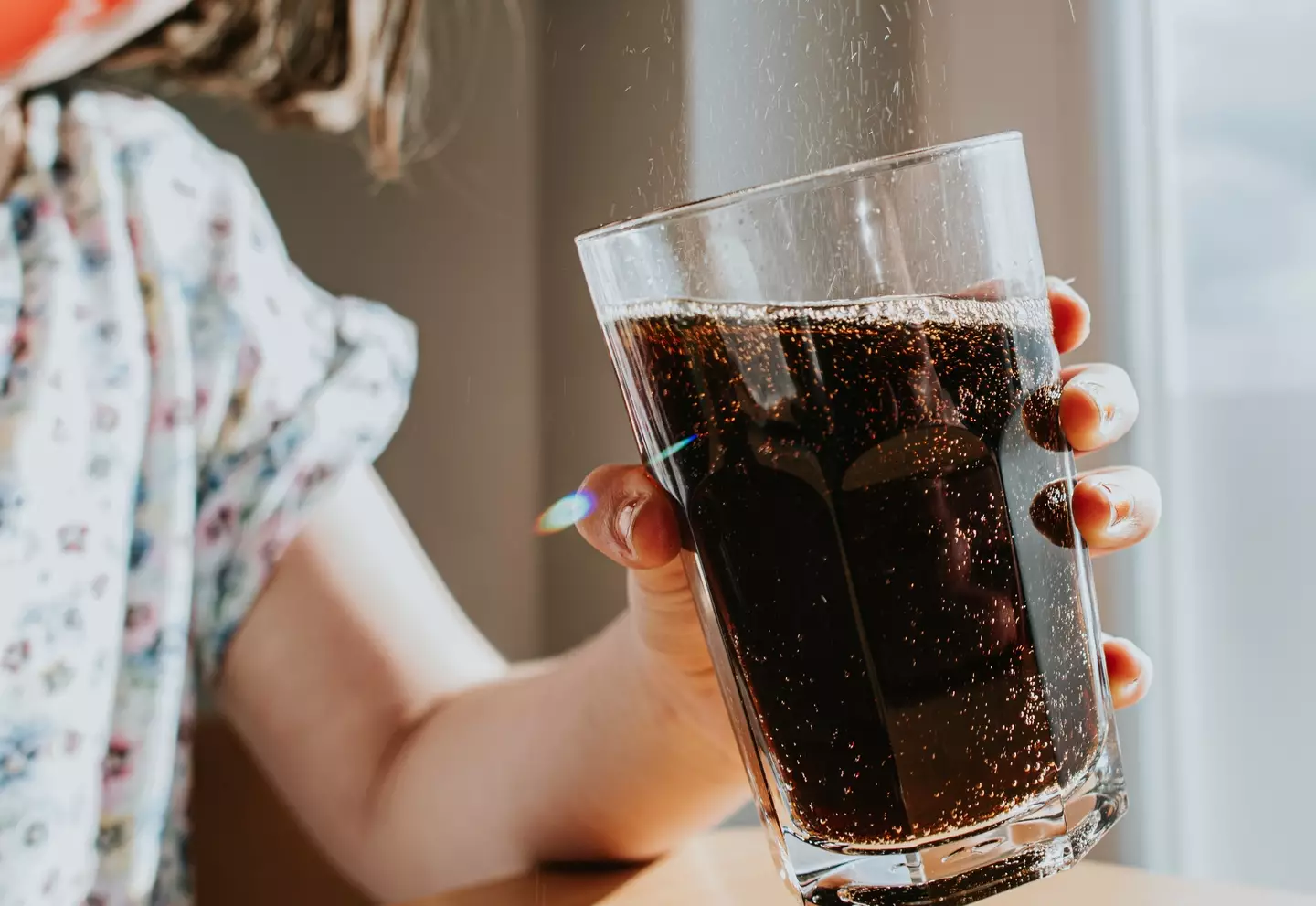
A recent study has examined the potential 'long-term harm' that consuming sweeteners present in things like fizzy drinks can have on the brain over time.
There’s nothing quite like a can or glass of pop on a hot day - it’s carbonated, sweet, and no matter if you’re having diet or full-fat, it’s going to hit the spot.
However, a new study published by the American Academy of Neurology has suggested that artificial sweeteners, such as aspartame and saccharin, may be potentially harming the brain's cognitive functions.
The Brazilian study followed more than 12,772 middle-aged adults, with an average age of 52, and analysed seven artificial sweeteners which were present in food and drink items, like diet soda, yoghurts, and flavoured water.
Advert
Participants completed questionnaires about their diets at the start of the study, detailing what they typically ate and drank over the past year, with researchers then dividing them into three groups based on the number of artificial sweeteners they consumed.

The lowest group ate and drank an average of 20 milligrams per day, while the highest group consumed an average of 191 mg a day, which the study said in the case of aspartame was the equivalent of one can of diet pop.
The researchers found that those who consumed a high amount of sweeteners experienced a significantly faster decline in memory and cognitive skills as a result.
According to the study, the faster decline saw people's brain ageing prematurely by around 1.6 years, with those in the middle showing a drop of 35 per cent faster than the lowest group, ageing at the equivalent of 1.3 years.
Those under 60 and having diabetes also saw the largest impact, while those over 60 were less likely to see the difference.
"Low- and no-calorie sweeteners are often seen as a healthy alternative to sugar, however our findings suggest certain sweeteners may have negative effects on brain health over time," said study author Claudia Kimie Suemoto, MD, PhD, of the University of São Paulo in Brazil.
However, the study stressed that while they had found links, it was not officially proven that sweeteners were responsible for cognitive decline.

Gavin Partington, the director general of the British Soft Drinks Association, said that the study's findings 'cannot prove cause', adding (via The Guardian): “Non-sugar sweeteners are safe, according to all leading health authorities in the world, and that’s why they have been used in a vast array of food, medicine, dental and drinks products for many decades.
“Their use in soft drinks has helped UK manufacturers to remove just under three-quarters of a billion kilograms of sugar from product since 2015.”
Meanwhile, the International Sweeteners Association (ISA) told CNN: "While the study has garnered media attention, it is essential to place its results within the broader, established scientific consensus on sweeteners' safety. The safety of low/no calorie sweeteners has been consistently confirmed by leading global health authorities."
Suemoto added that 'more research was needed' to confirm their findings, as well as 'to investigate if other refined sugar alternatives, such as applesauce, honey, maple syrup or coconut sugar, may be effective alternatives'.
Topics: Health, Science, Food And Drink
